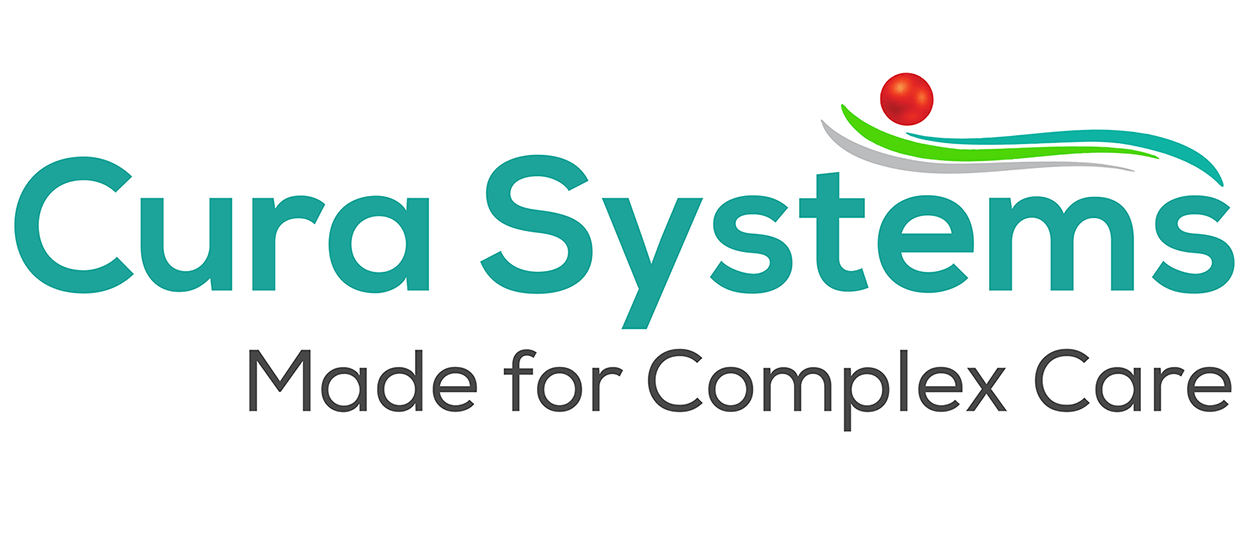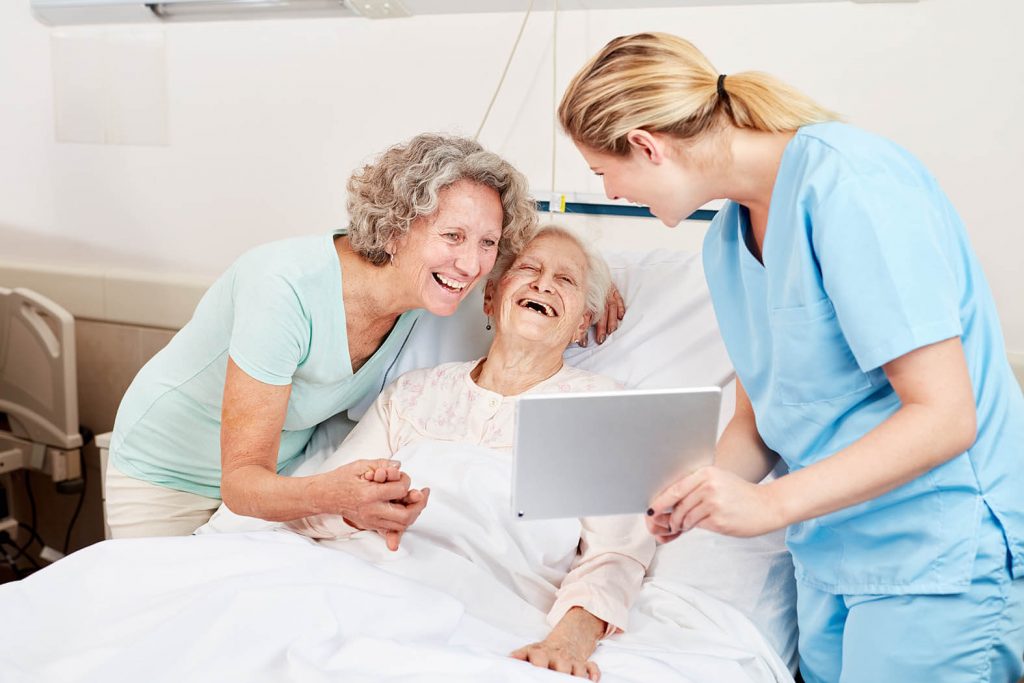Cura Launches New Resource Planner
The Challenge of Staff Scheduling in a Post-COVID Crisis
Managing caregiver resources have never been so critical as they are now with restrictions brought about by Covid-19. Planning for the right people in the right places plays an even more crucial role in supporting the health and safety of service users.
Cura Roster is designed from the ground up, specifically with long-term care homes in mind and to address the complex issues arising from Covid related challenges. The Resource Planning System responds to the questions: who goes, where for what and when?
Following the successful launch of an Invoicing system in August 2020 that is uniquely designed for long-term care homes, Cura is now releasing its latest module ‘Cura Roster’ to better manage work schedules with greater flexibility.
This is Cura’s answer to getting the most from limited resources within the social care sector. The module comprises a user-friendly interface, including alternative planning views - features that make scheduling so much easier – ensuring the right people are assigned the right tasks at the right time. The new Cura Resource Planner has a completely redesigned “drag & drop“ user interface, remarkable flexibility throughout with extensive data validation to provide a simple way to allocate suitable staff to shifts and evidence staffing compliance for both CQC and payroll requirements.
Cura Roster: Caregiver's Staff Rota Software
The Cura Roster highlights the ability to manage shift patterns, track availability of caregivers, set up job roles, monitor employment & leave entitlements, and seamlessly manage caregivers across multiple locations.
The module boosts the visibility of caregiver workloads and provides better coordination and control of various activities within the home. It also significantly decreases the time, cost and effort put into administration, increases productivity and freeing up precious time for more important tasks.
Cura's Key Benefits
- Simplify Scheduling
- Up-to-Minute Information - Improve resource management allocation with more accurate data in real time
- Real-time entry to clock in
- Increase Efficiency- Eliminate unproductive manual work with a simplified and highly configurable workflow process.
- Reduce Operating and Labour cost – Avoid overstaffing due to scheduling conflicts, minimize risk of understaffing and fill empty shifts.
- Centralised Information- Obtain information from various departments or locations at one time and enable management to make critical decisions in a timely manner.
- Minimal Training & Implementation Time- Requires minimum training and implementation effort with an attractive and easy-to-use interface
Whilst there are number of workforce management systems currently serving the market, Cura is the most intuitive care home software in terms of the widest scope of functionality within a single suite of modules.
Cura Systems are equipped with a rich set of tools and features and committed to bringing further innovations to benefit all involved in the provision of care.
Schedule Smarter, Care Better: Get a Free Demo of Cura Roster Today!
Let us help you and your care team with the tools to help deliver the best possible care. Book a full on-line demonstration today on 020 3621 9111 or email at info@cura.systems and see for yourself!





